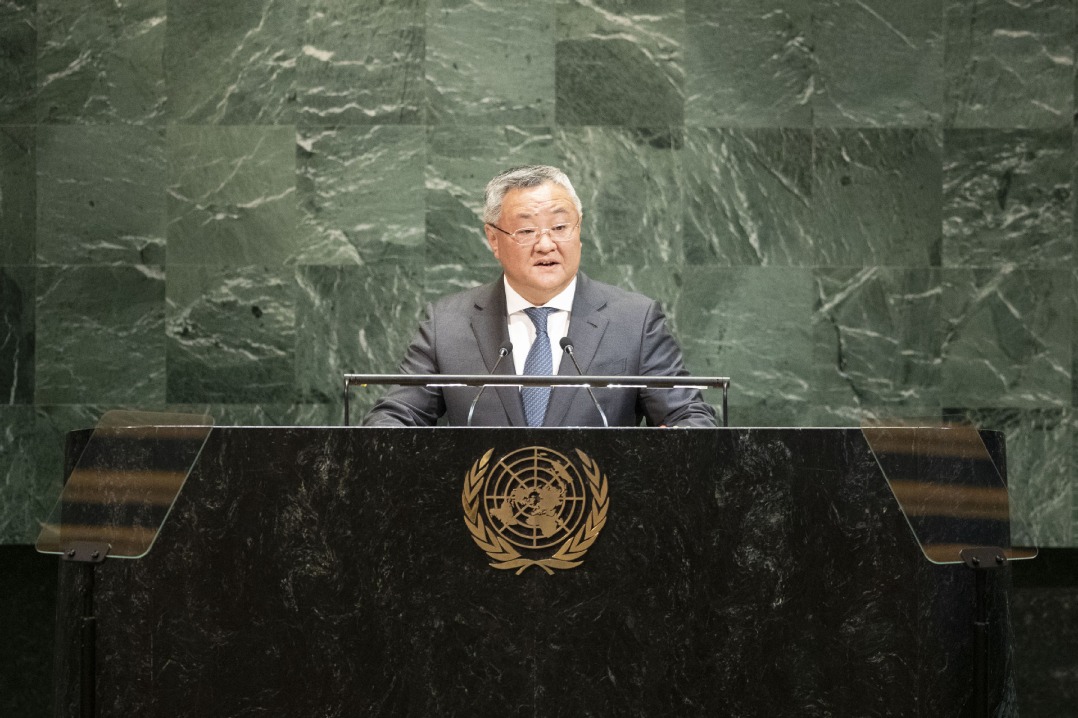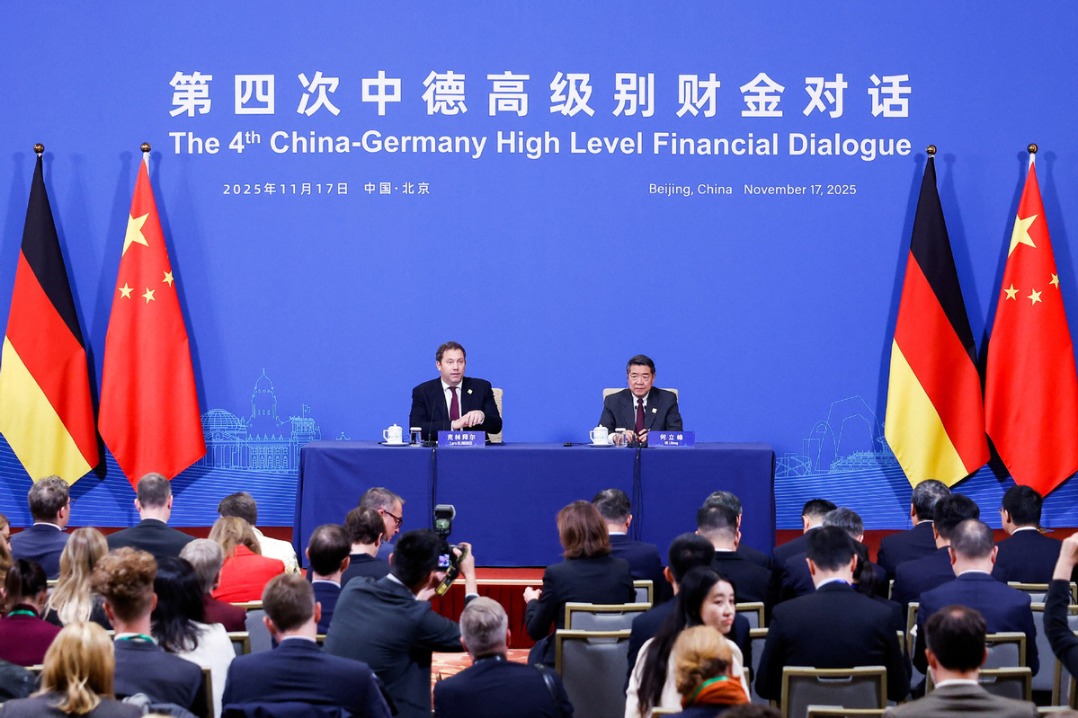Accurate understanding of intelligence law urged
By Mo Jingxi | China Daily | Updated: 2019-02-20 09:32
Beijing on Tuesday again urged relevant parties to understand China's National Intelligence Law in a comprehensive and accurate manner instead of a one-sided interpretation that is out of context.
"I wonder whether people who criticized this law or its specific stipulations have ever read the provisions of this law carefully?" Foreign Ministry spokesman Geng Shuang said at a regular news conference in Beijing.
Geng said that while Article 7 does require organizations and citizens to support the work of national intelligence within Chinese law, Article 8 also stipulates that state intelligence should abide by laws, respect and protect human rights and safeguard the legitimate rights and interests of individuals and organizations.
This is the second time in two days that the ministry responded to some Western countries' recent accusations over China's National Intelligence Law.
US Vice-President Mike Pence said in a speech at the Munich Security Conference on Saturday that the United States has been clear with its security partners on the threat posed by Huawei and other Chinese telecom companies, as Chinese law requires them to provide Beijing's vast security apparatus with access to any data that touches their network or equipment.
Geng rejected Pence's remarks on Monday, saying relevant remarks made by the US are just a wrong and biased interpretation of Chinese law.
"It is an internationally accepted practice to protect national security through legislation and require organizations and individuals to coordinate with a country's intelligence service," he said at a news conference on Monday.
According to Geng, there are similar laws in the "Five Eyes" alliance countries, namely the US, the United Kingdom, Canada, Australia and New Zealand, and other Western countries including France and Germany.
He also noted that there are many provisions in other Chinese laws that protect the legitimate rights and interests of organizations and individuals, including data security and the right to privacy.
"These stipulations also apply to intelligence-related work," Geng said.
Yang Jiechi, a member of the Political Bureau of the Communist Party of China Central Committee, said China has no law requiring companies to install "back doors" or collect foreign intelligence.
Yang, who is also director of the Office of the Foreign Affairs Commission of the CPC Central Committee, made the remark on Saturday while attending the Munich Security Conference.
Some countries should show confidence in their own technologies and respect for the willingness of other countries to develop cooperation with Chinese enterprises, he said, adding that he believed that the people of European countries have the wisdom to distinguish what is really in their own interests and not to be confused by unfounded rumors.
























